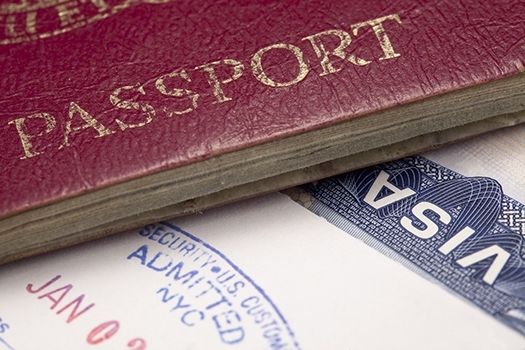Only 50 ‘health tourists’ identified in London checks

Just 50 patients have been charged for their use of the NHS, out of 8,900 who had their ID checked as part of a Government pilot.
The pilot, which was announced by health secretary Jeremy Hunt last year, saw 11 trusts in London ask patients for identification over two months last autumn and aimed to recover £500m by 2017/18.
This comes as GP practices have increasingly come under Government pressure to check patient’s immigration status in a bid to crack down on ‘health tourism’.
Former BMA chair Dr Mark Porter previously warned that the pilot could ‘demonise overseas patients or sow chaos and confusion within the NHS’.
The Evening Standard found that 8,894 patients were asked for two forms of ID but only 50 were found to be ineligible for NHS services.
An investigation by the paper found:
- Barts Health NHS Trust asked 2,752 outpatients at the Royal London hospital renal clinic for ID, but only two were found ineligible for care and a total of £2,500 was collected. A further 17 maternity patients were billed a total of £104,706.
- St George’s University Hospitals NHS Foundation Trust checked the ID of 1,660 maternity patients and 18 patients were billed a total of £45,000.
- Barking, Havering and Redbridge University Hospitals NHS Trust checked the eligibility of 1,021 maternity patients at Queen’s Hospital, with 11 found to be ineligible and billed a total of £71,500.
A Department of Health and Social Care spokesperson said: ‘The NHS is a national, not an international health service and it’s only fair that hospitals make sure those not eligible for free care contribute to the cost of treatment they receive.
‘ID checking is not a requirement of our charging regulations, but has proven to be helpful in some circumstances, which is which is why we trialled it across some NHS sites in England.’
Last year’s GP contract introduced a requirement for practices to ‘manually record that the patient holds either a non-UK issued EHIC or a S1 form in the patient’s medical record and then send the form and supplementary questions to NHS Digital (for non-UK issued EHIC cards) or the Overseas Healthcare Team (for S1 forms) via email or post’.
Hospitals were then told to set up ‘formal’ relationships with GPs to identify when patients should be charged for services, which GP leaders branded an ‘additional burden’ on practices.
But the idea was first floated in 2015 when the DHSC said overseas visitors were to be charged for some GP services, including blood tests, lung function rests and prescriptions.
Pulse October survey
Take our July 2025 survey to potentially win £1.000 worth of tokens













